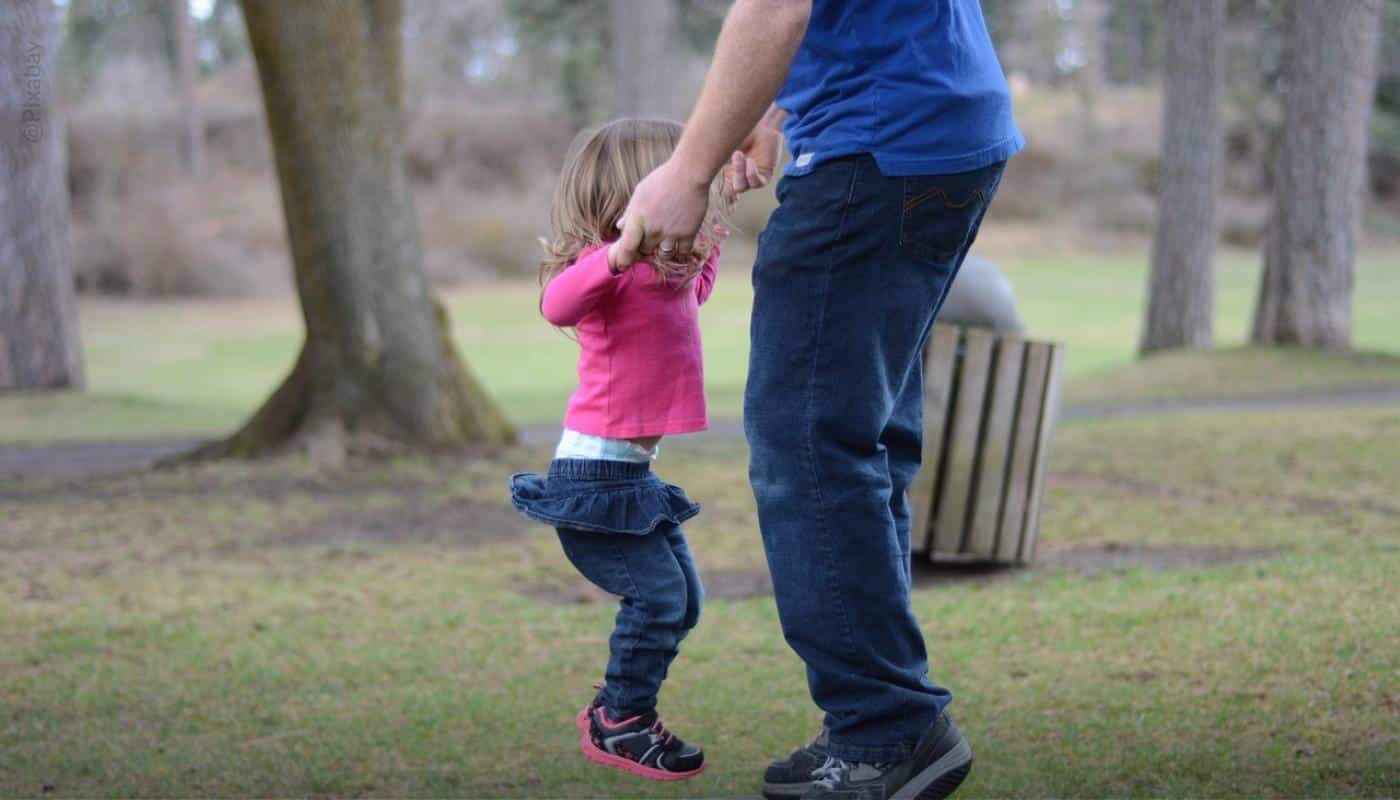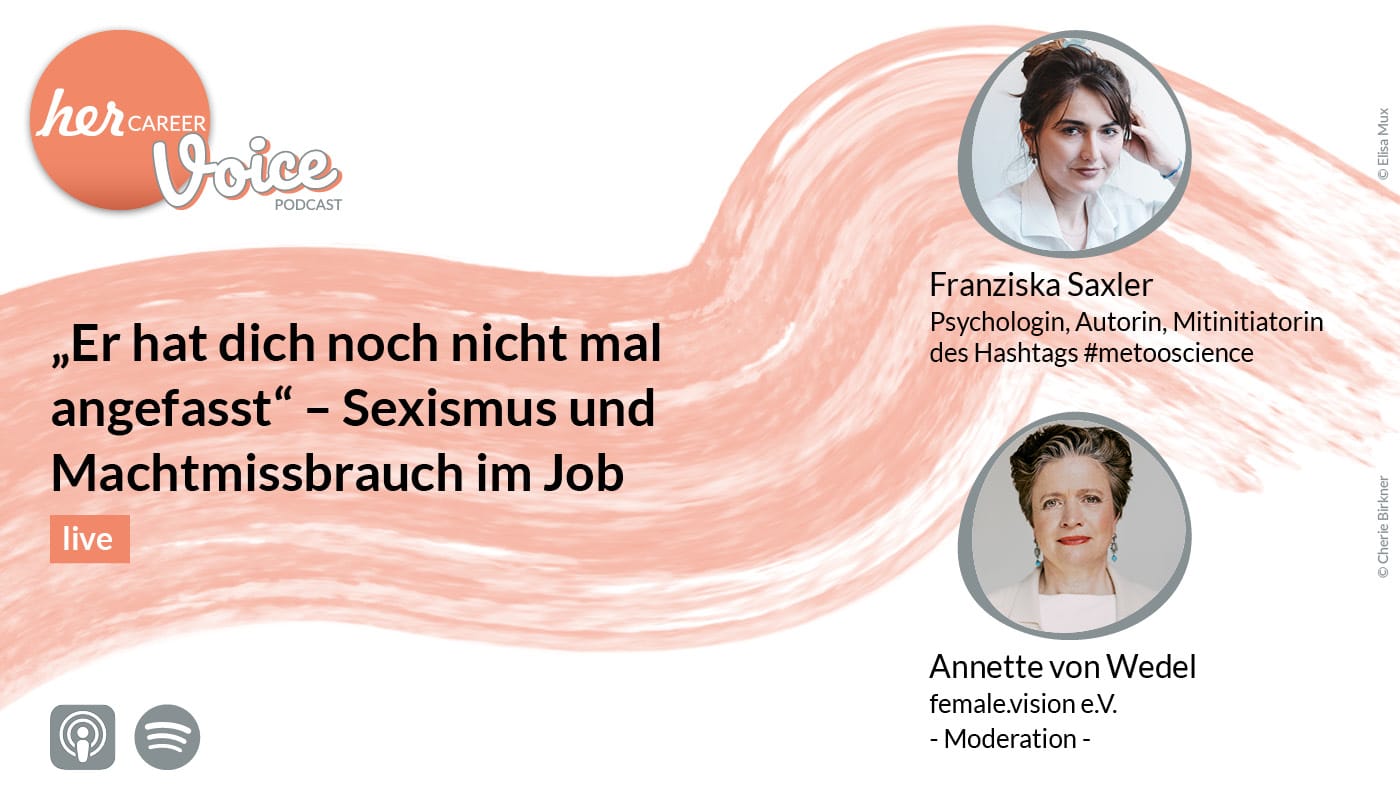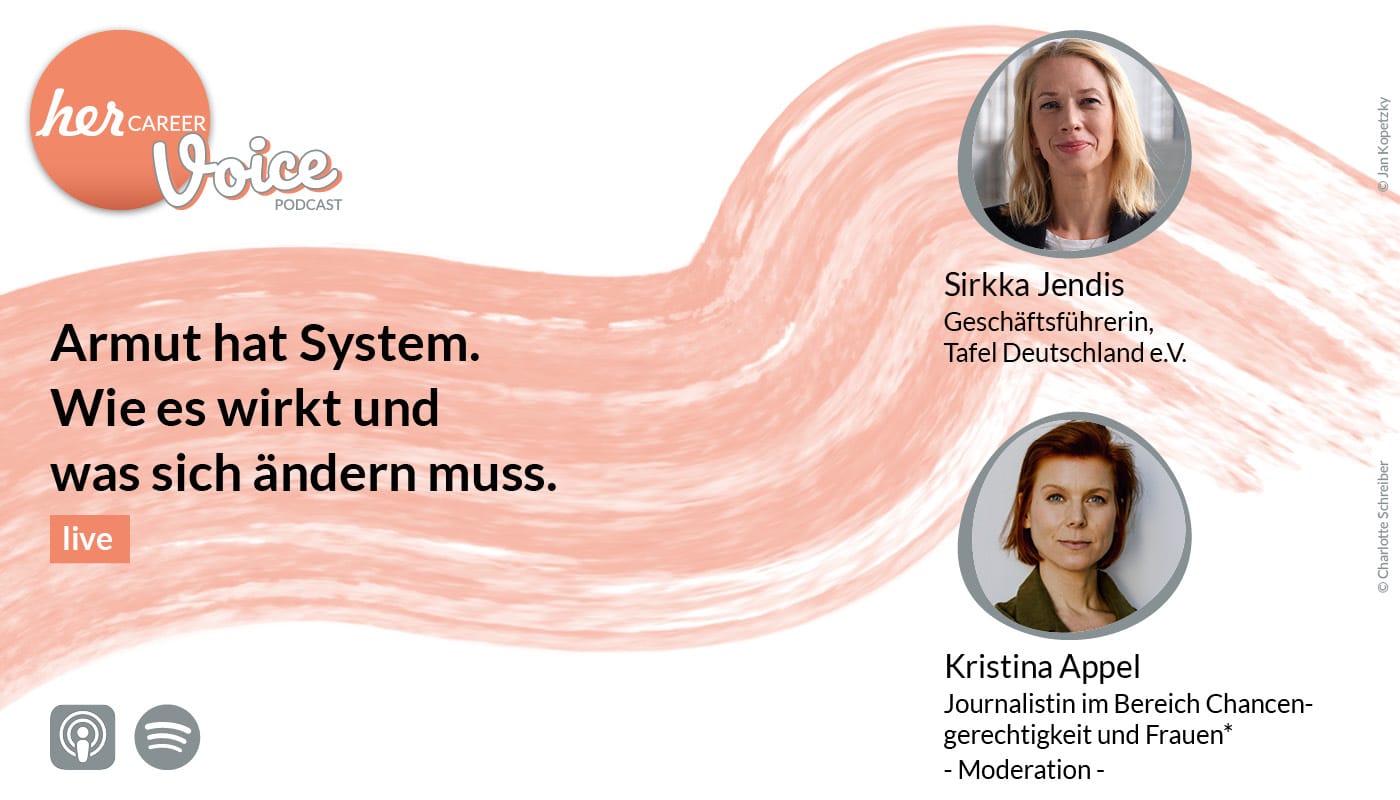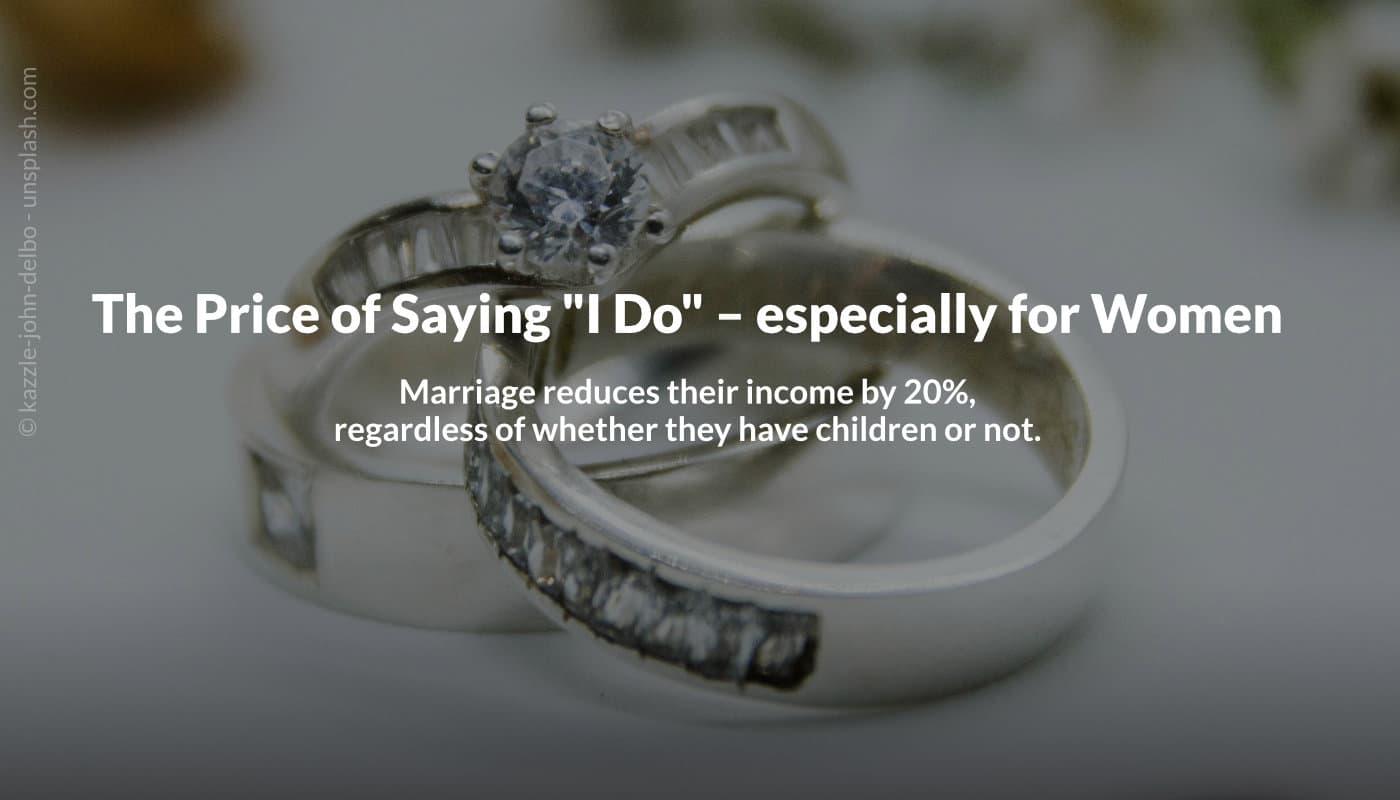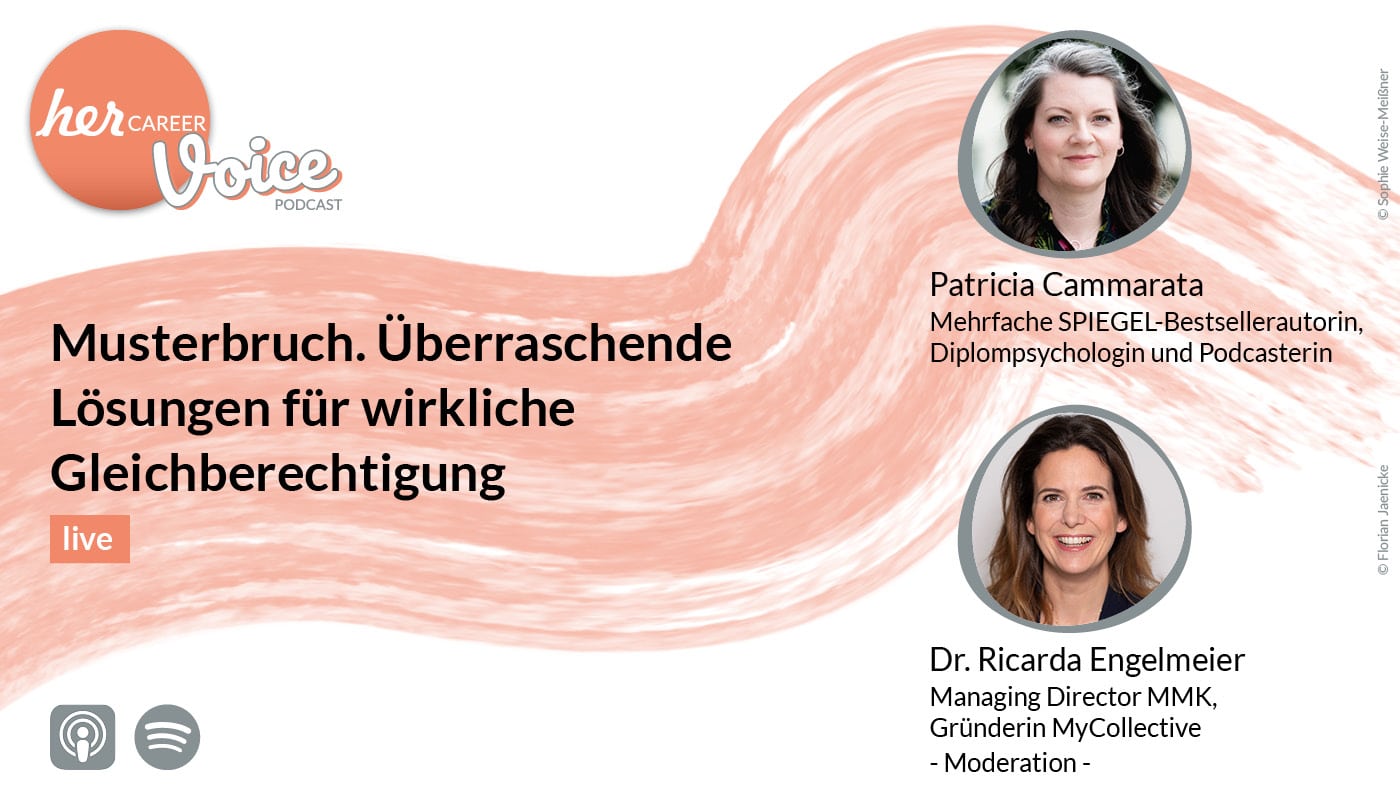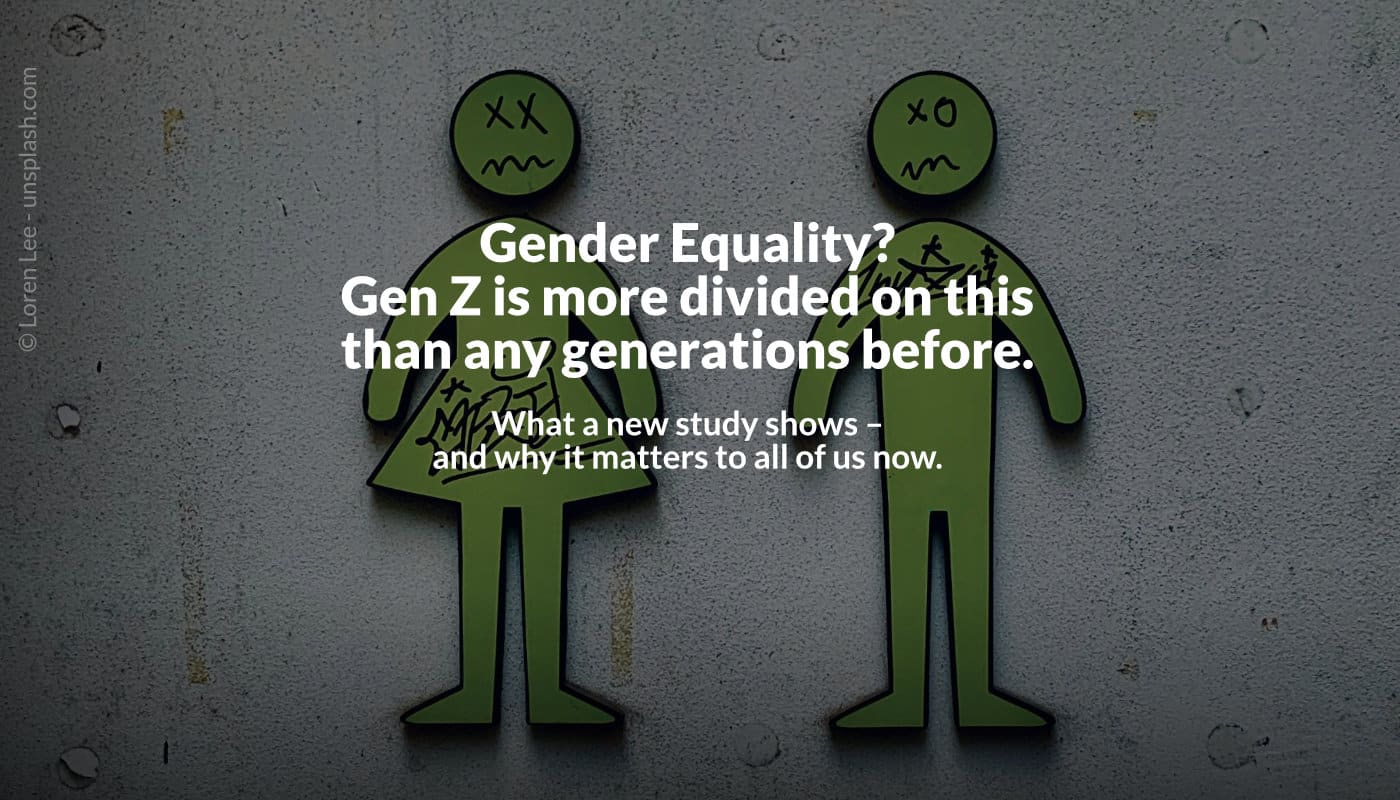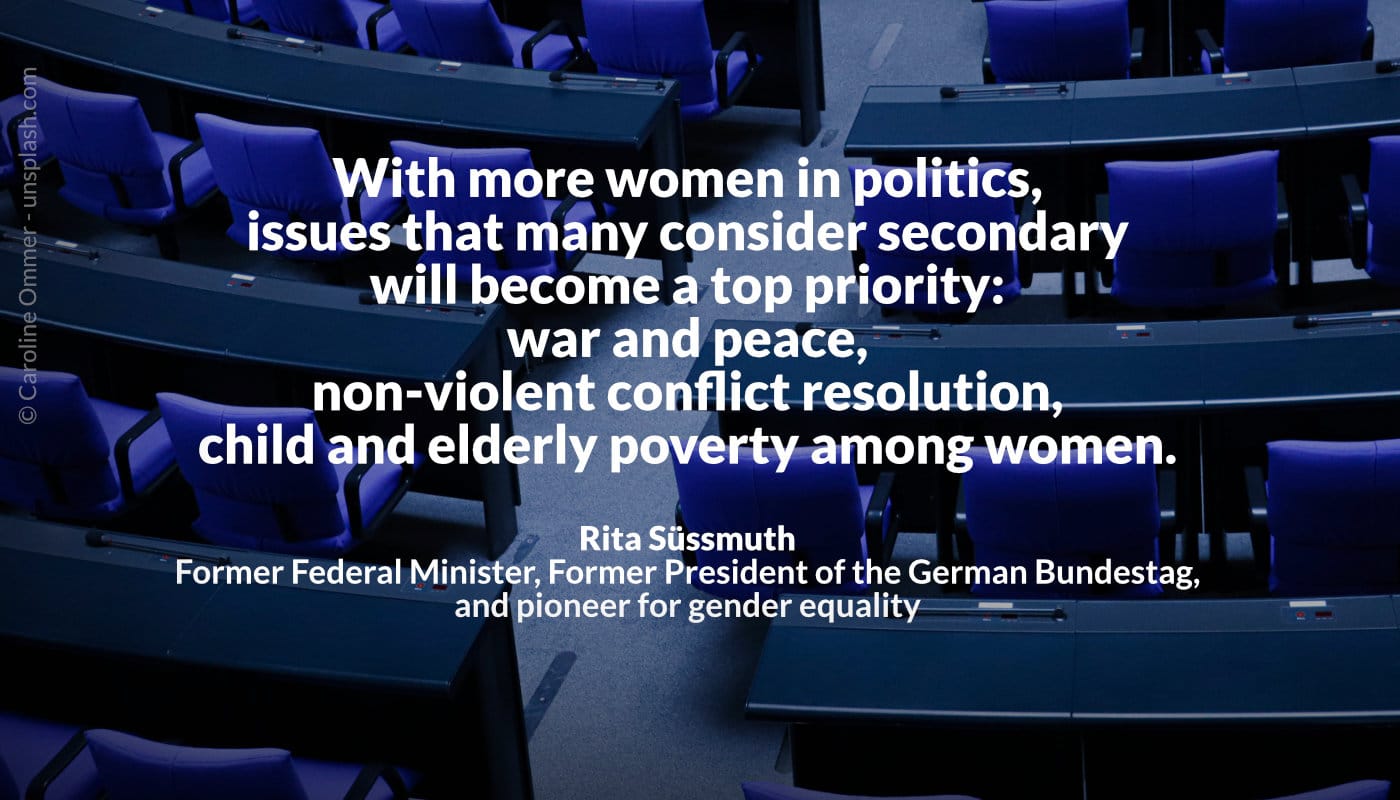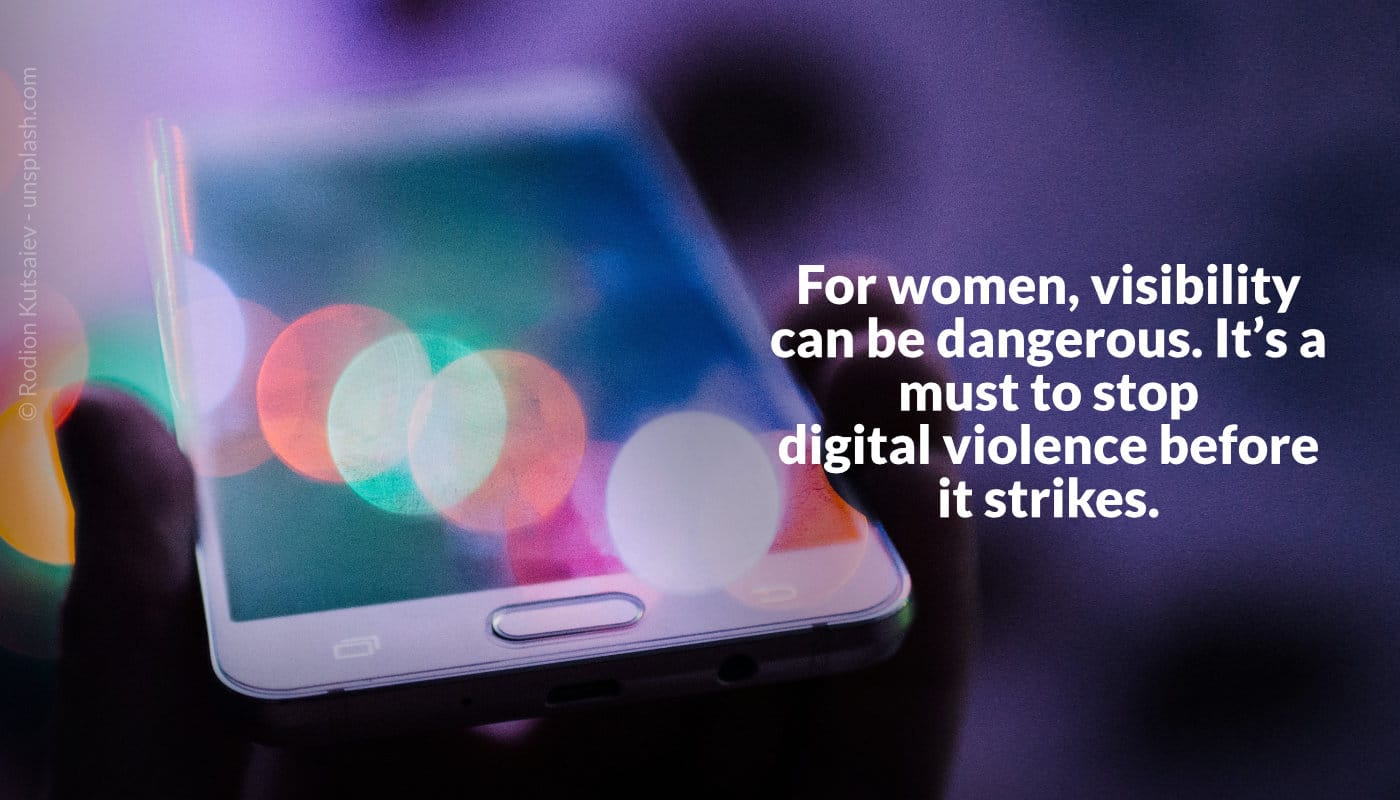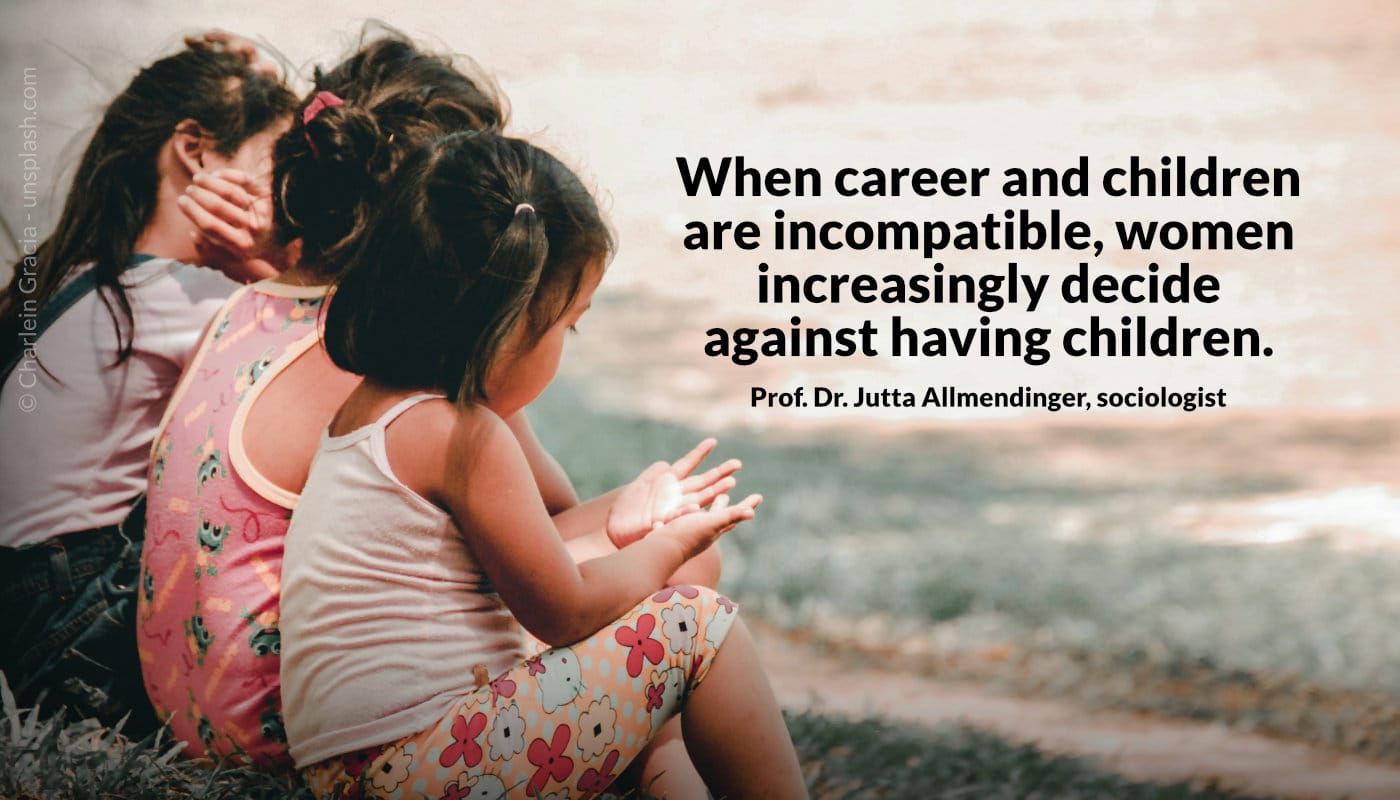“Fathers enjoy playing with their child. That’s good, says evolutionary anthropologist Anna Machin. But fathers are also excellent in caregiving. They just shouldn’t avoid it.” ZEIT ONLINE spoke with Machin.
“The ‘bonding hormone’ oxytocin plays a role in parental care. According to Machin, it is released in both parents. ‘It’s a myth that men don’t have oxytocin.’
‘Mothers have a head start in bonding with their child because pregnancy, birth, and breastfeeding result in massive releases of bonding hormones. Fathers don’t go through all of that. So, they have to build their bond with their children differently: through interaction. (…) Playing with the baby is a great way to quickly build a bond because it usually involves a lot of laughter, touching, tickling, singing, and so on. And all of this releases oxytocin, beta-endorphins, and dopamine, the key bonding hormones.’
The human brain, says the scientist, is ‘very plastic, very open to change, and it changes through experience. Many of the adjustments we see in the parental brain occur after parents interact with their child. They are not inherently present; they have to do with interacting with the child. So, hormones reflect how parents behave. If they behave differently, hormone secretion changes. We just tend to behave quite traditionally. And that’s what we see in the brain.’
To overcome the myth that the mother is the best person to raise a child, particularly fathers need to be treated differently in the parental role. They need to be given the opportunity to care for their children.
‘If you’re a father staying at home while your partner goes to work, you’ll start to develop the caring side. So, it’s not that men necessarily play this role and women play that role. Even if you’re a single parent family or if you’re a gay or lesbian couple with a child, the brain will adapt.
(…)
I believe our notions of family will change. Especially in the West, the idea of the nuclear family with parents and children is very strong. But in other countries, we have extended families, and we can learn from that. (…) Actually, we’ve already moved away from the two-parent-two-child family. We just haven’t fully recognized it yet.'”

Published by herCAREER,
Posted on LinkedIn on 07.03.2024
